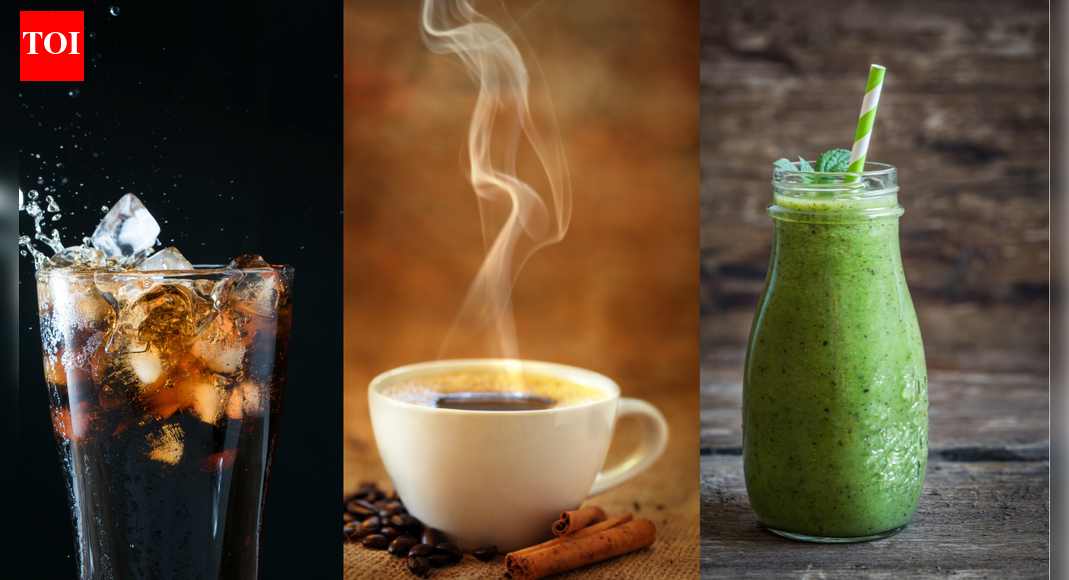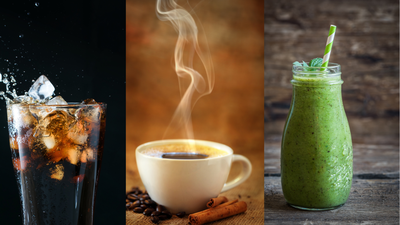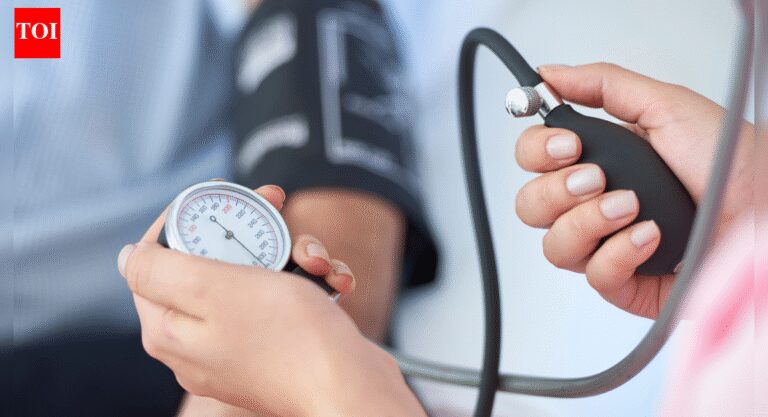
Many people enjoy fizzy sodas, energy drinks, sports beverages or even green smoothies without realising how these everyday habits may gradually affect their kidneys. These organs work continuously to filter waste, regulate blood pressure, balance minerals and maintain hydration. When certain drinks add unnecessary strain, the effects are often subtle at first, yet the cumulative stress can influence kidney health years before symptoms develop. If you have ever reached for a sweetened drink for convenience or an energy boost, you may be surprised to learn how particular ingredients change the workload placed on your kidneys. Understanding these mechanisms can help you choose options that support rather than challenge your renal system. Dr. Pacha shared an Instagram post revealing 4 “worst drinks for your kidneys”.
4 drinks that cause kidney damage
Soda - Energy drinks and excessive
coffee - Sports drinks
- Smoothies
Dark cola drinks contain phosphoric acid, a compound that disrupts calcium and phosphate balance and can influence kidney stone formation. When phosphate levels rise, the kidneys work harder to stabilise blood chemistry, particularly if overall hydration is low. Excess sugar adds further strain. High sugar intake can contribute to weight gain, insulin resistance and hypertension, which are significant risk factors for chronic kidney disease. These combined pressures make soda one of the most quietly harmful drinks for long-term kidney function. Dr Pacha highlights this burden clearly, saying, “Dark coloured soda is packed with phosphoric acid which can lead to kidney stones and, over time, can damage the kidney. Also the high sugar content can lead to obesity, hypertension and diabetes. These are three critical negative factors that can affect your kidneys.” Research supports these concerns. A study published in Epidemiology found that higher cola intake was associated with increased kidney stone formation, due to changes in urinary chemistry influenced by phosphoric acid.
- Phosphoric acid disrupts mineral balance, increasing kidney stone risk.
- High sugar content raises obesity, hypertension and diabetes risk, all of which burden the kidneys.
- Hydration plays a major role in how harmful soda becomes over time.
Healthier alternative: He recommends sparkling water with lemon or lime as a safer alternative that provides fizz without mineral imbalance or excessive sugar.
2. Energy drinks and excessive coffee
Energy drinks combine caffeine, sugar and other stimulants in concentrations that can overwhelm the kidneys’ regulatory systems. Large caffeine doses increase urine output, which leads to dehydration when fluids are not replaced adequately. Dehydration thickens the blood and raises the concentration of waste products the kidneys must filter. High sugar levels in energy drinks elevate metabolic demand and can influence blood pressure, further intensifying renal stress. Dr Pacha explains, “High caffeine levels can dehydrate the kidneys and lead to elevated blood pressure, both risk factors for kidney disease. They are loaded with cheap sugar and a lot of chemicals that are certainly damaging to the kidneys.”While moderate coffee consumption has not been shown to damage kidneys, a study published in BMC Nephrology shows that the problem arises when caffeine intake becomes excessive or is paired with sugar and synthetic stimulants. In such cases, blood pressure spikes, dehydration increases and the kidneys must work harder to stabilise electrolytes under strained conditions.
- High caffeine levels increase urine output, leading to dehydration.
- Dehydration forces the kidneys to filter more concentrated waste.
- Added sugars and stimulants intensify metabolic and blood pressure stress.
Better alternative: For those who rely on caffeine, he recommends limiting intake to “high quality, mold free coffee” and keeping it within two or three cups per day. He also notes that green tea and “movement outside in the sunshine” provide healthier, more sustainable energy boosts.Sports drinks are designed for intense physical exertion, yet many people consume them during everyday activities, unaware of the renal impact. These drinks contain high sugar levels, artificial sweeteners and food colourings. The kidneys must filter these dissolved substances, creating an osmotic load that increases their workload. When consumed outside periods of significant sweating or endurance activity, sports drinks provide more solutes than the body requires. This excess influences blood pressure regulation, fluid balance and metabolic stability. Dr Pacha states, “The sugar, the artificial sugar, and the food dyes are clearly not good for your kidneys.” Although useful during prolonged exercise, routine consumption can cause persistent low-grade stress on renal filtration.Artificial sweeteners, although calorie-free, interact with the gut and may affect kidney transport processes. High sugar content also contributes to insulin resistance, further elevating kidney workload over time. These factors combine to make sports drinks a problematic hydration choice for people who are not engaged in intense athletic activity.
- Sports drinks increase osmotic load, making filtration more difficult.
- Artificial sweeteners and dyes add unnecessary chemical burden.
- Sugar content can worsen metabolic factors that strain kidneys.
Smoothies are often perceived as healthy, yet their nutritional density can be much higher than expected. Leafy greens such as spinach and kale, along with nuts and certain fruits, contain oxalates. When blended into concentrated quantities, oxalate absorption spikes and increases the risk of calcium oxalate stone formation. Dr Pacha addresses this directly: “Believe me or not, they have a lot of sugar as well as oxalate which causes kidney stones. A small amount of kale and spinach may be okay for you. However, when we’re putting handful of spinach and kale in smoothies, we’re consuming amounts of oxalate that we’re not even aware of, potentially leading to kidney stones.” Smoothies also deliver natural sugars rapidly, adding further filtration demands.According to a study published in Frontiers in Bioscience, dietary oxalate plays a significant role in urinary oxalate levels. When intake is high, supersaturation of calcium oxalate increases, raising the likelihood of stone formation in vulnerable individuals.
- Smoothies concentrate oxalates, increasing kidney stone risk.
- Rapid sugar absorption raises metabolic demand on the kidneys.
- Large portions of blended greens amplify oxalate load.
Kidney problems often develop silently, influenced by patterns you may not consider harmful. With rising rates of kidney stones, hypertension and chronic kidney disease, recognising how everyday drinks affect renal function is increasingly relevant. Small adjustments to your hydration choices can significantly reduce long-term strain on your kidneys and support healthier filtration, mineral balance and overall well-being.Disclaimer: This article is for informational purposes only and should not be considered medical advice. Please consult a healthcare professional before making any changes to your diet, medication, or lifestyle.Also Read | Why blood pressure falls when you stand up: Understanding the causes, symptoms, risks and management








